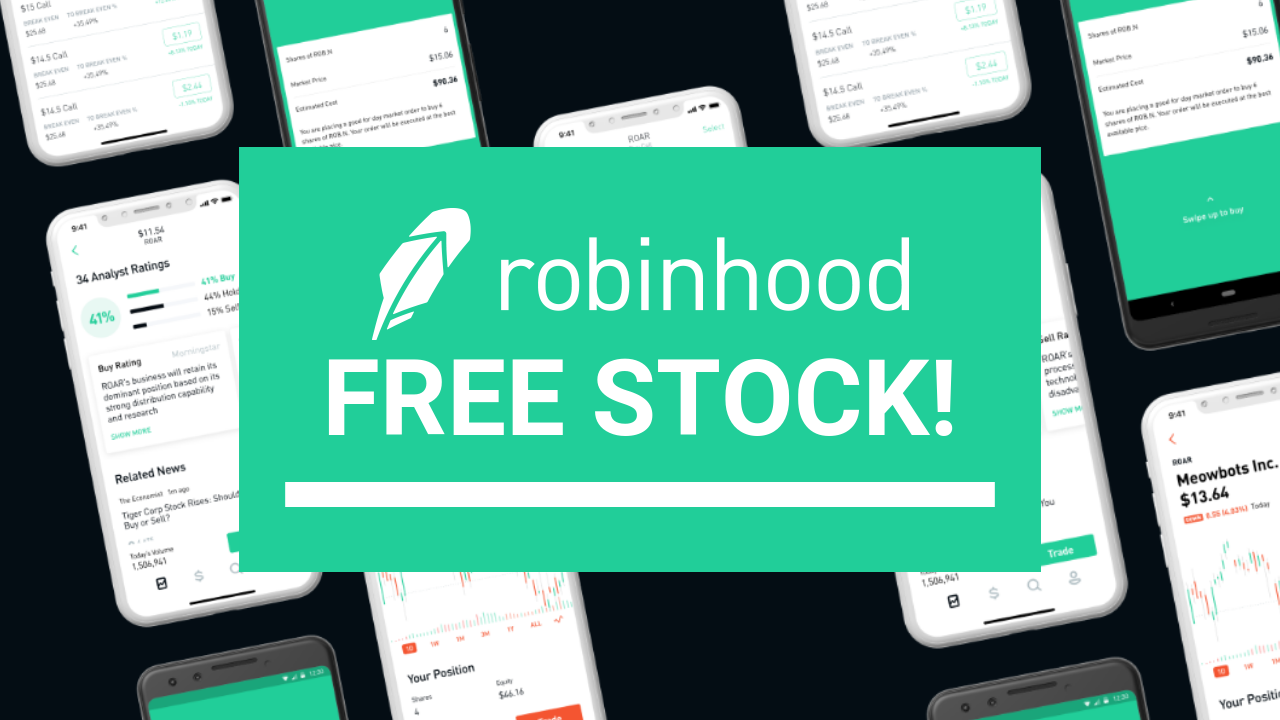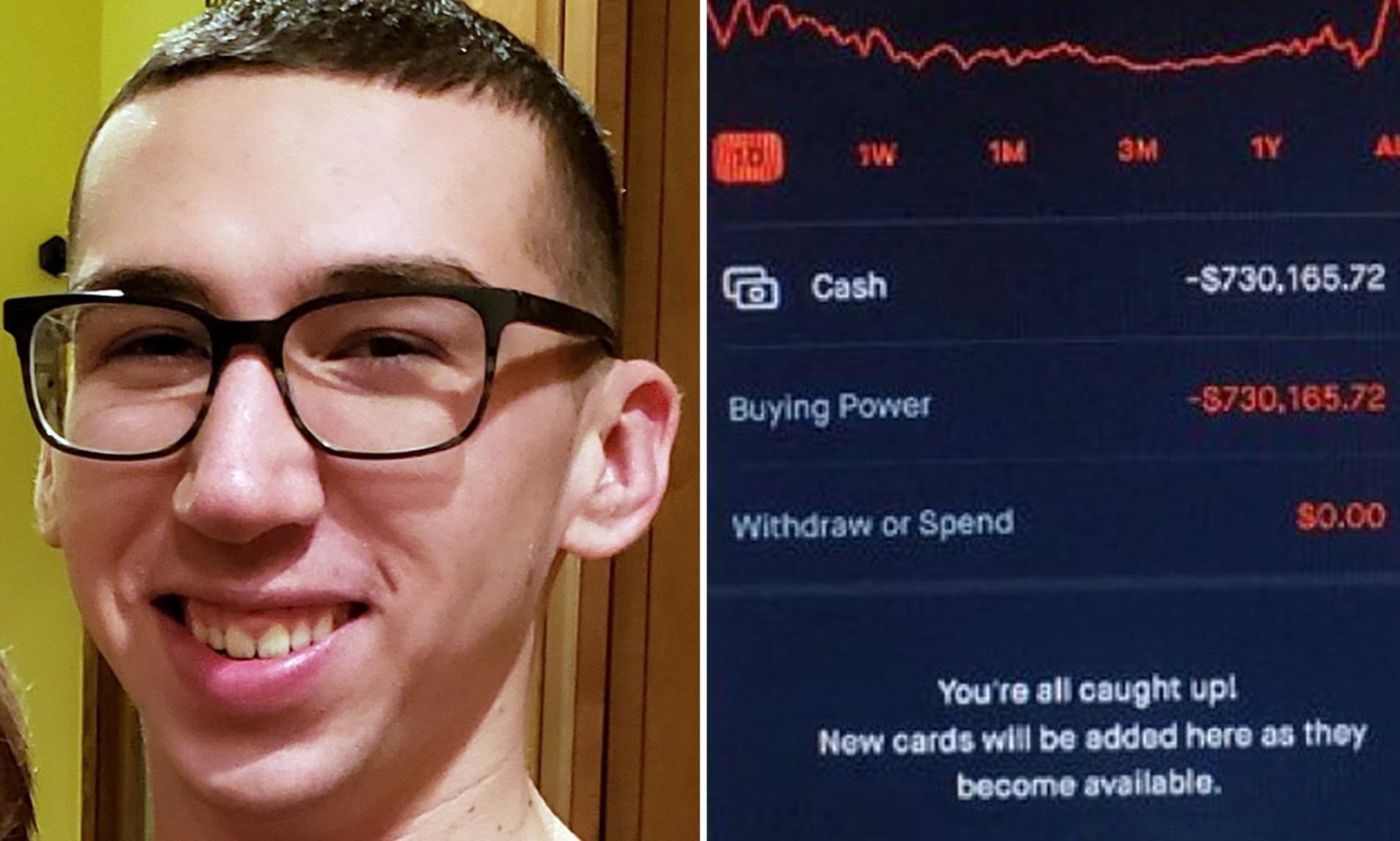
The SEC said the costs to Robinhood's customers "might have exceeded any savings they might have thought they'd gotten from zero commission trading." Robinhood settled without admitting or denying the charges. The regulator said certain wholesalers told Robinhood there was a trade-off between PFOF and price improvement for customers, and that Robinhood "explicitly offered to accept less price improvement for its customers in exchange for receiving higher" PFOF. In December, the SEC fined Robinhood $65 million for failing to properly inform its customers about PFOF it received that resulted in those customers paying higher prices to execute trades. PFOF has been around for decades and the SEC has historically focused on disclosure of the practice, but its growth in recent years, as commission-free trading models have become the norm, along with an associated increase in off-exchange trading, has led to renewed attention. Robinhood was founded in 2013 and grew to one of the most popular services among young investors by 2021, with more than 18 million users and 80 billion in assets. Securities and Exchange Commission Chair Gary Gensler also recently expressed concerns that commission-free trading brokerages may encourage investors to trade more, in order to capture more PFOF, even if that is not in the investors' best interest. But despite its imperfections, trading stocks via the Robinhood app has its advantages. The investing app is a favorite among everyday traders who congregate in online forums like Reddit’s r/WallStreetBets, and has surpassed 18 million active users since its launch in 2013.

The SEC is looking into whether PFOF creates an incentive for brokers to route customer orders to places that maximize PFOF rather than to the place that would get the customers the best execution. The Robinhood app makes it easy to get into investing trouble. If you are at all interested in investing, you’ve almost certainly heard of Robinhood.

Robinhood has said PFOF allows it to offer commission-free trading. PFOF is banned in Canada, the UK, and Australia. expects its coming initial public offering to give it a market value of about 33 billion, lower than the level previously anticipated.

Some retail brokerages, including Charles Schwab Corp (SCHW.N) and Robinhood, accept PFOF, while others, including Fidelity and, do not. PFOF, which is disclosed in quarterly regulatory filings, has been a growing source of revenue for many brokers as retail trading volumes have surged. Most retail brokers also accept rebates, or payments, from wholesalers in return for their customers' orders. Retail brokerages send the majority of their customers' orders to wholesale brokers, rather than to exchanges, because wholesalers generally execute the orders at a slightly better price than available on exchanges.


 0 kommentar(er)
0 kommentar(er)
